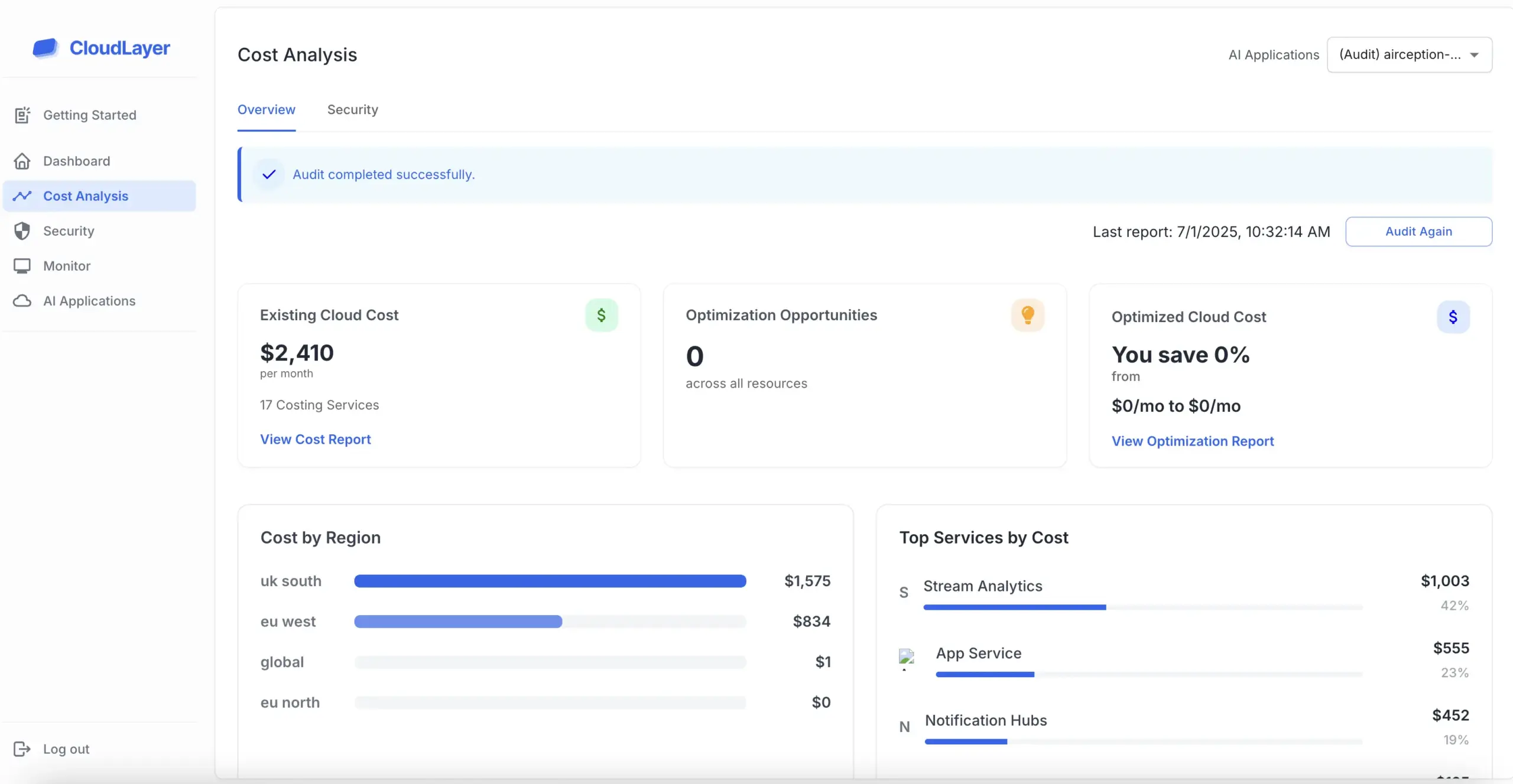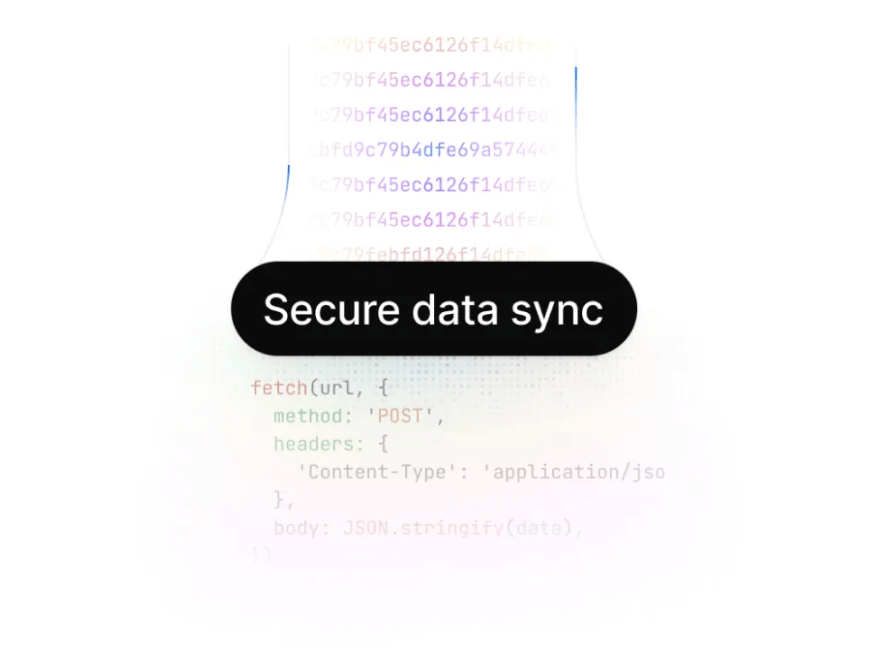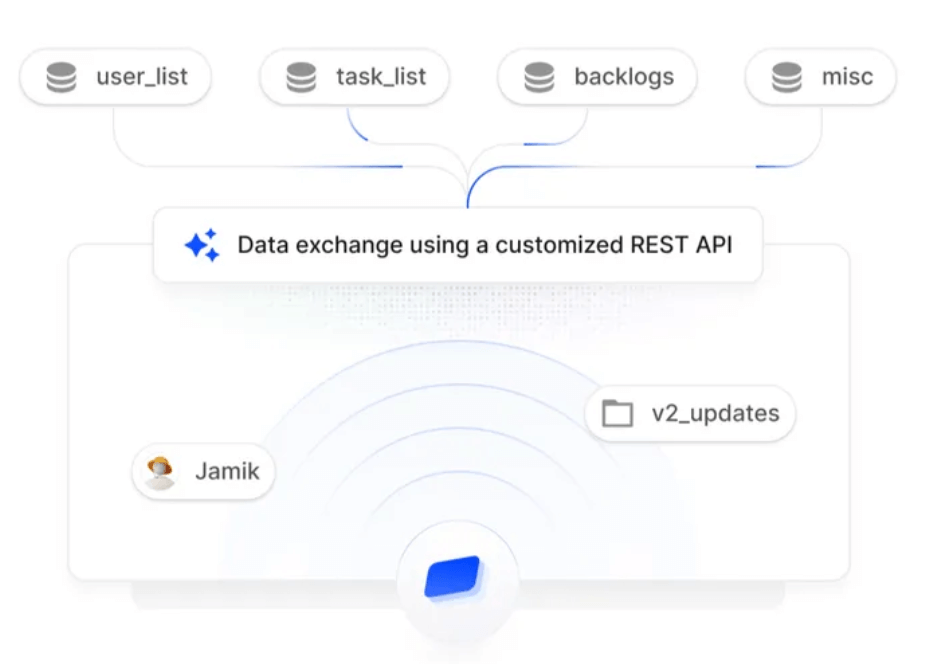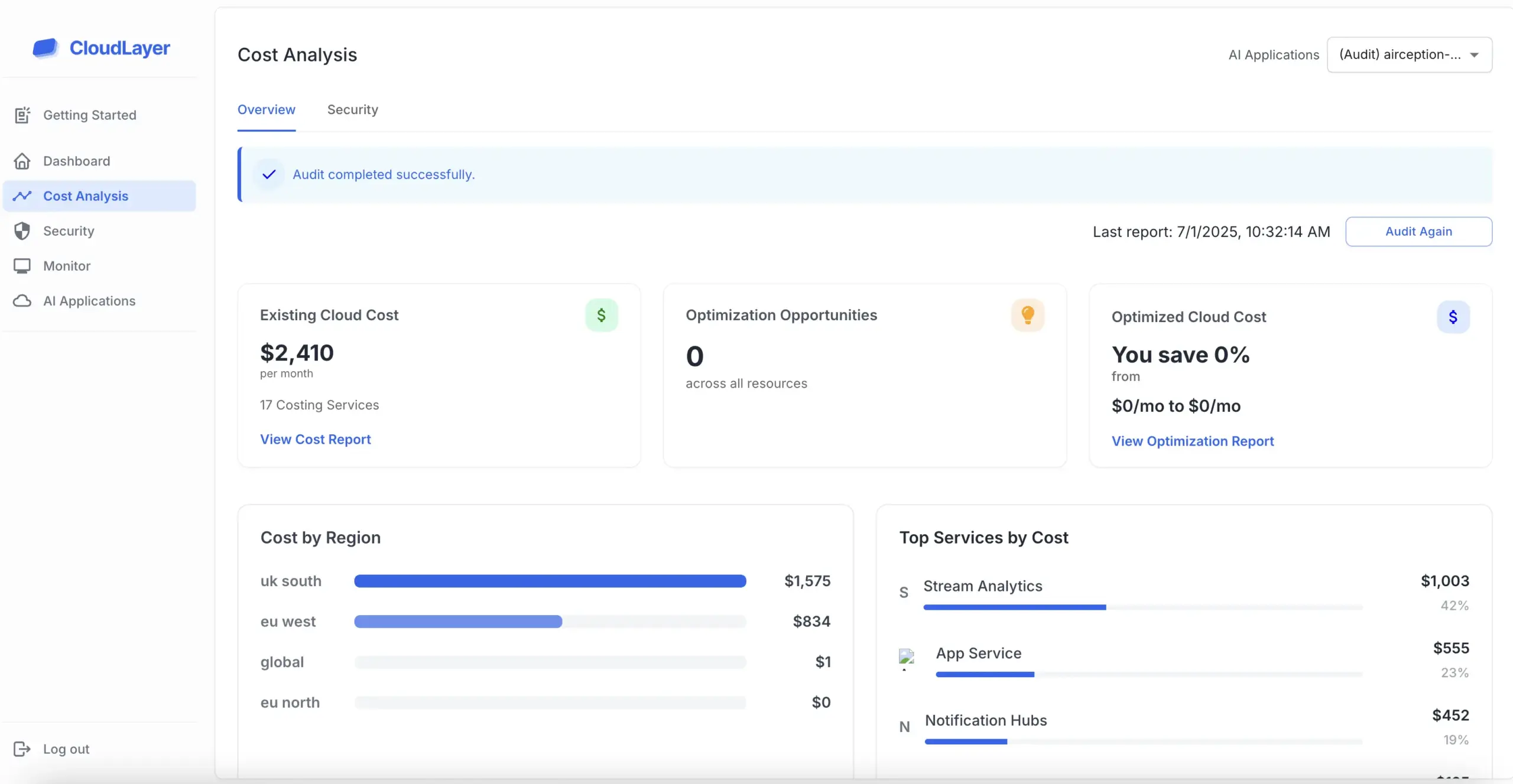

Hybrid cloud refers to a computing environment that combines private cloud and public cloud services, allowing data and applications to be shared between them. This model provides businesses with greater flexibility, allowing them to choose where to host their applications based on specific workloads and data sensitivity.

One of the key advantages of hybrid cloud is its ability to scale resources according to demand. This elasticity helps organizations manage fluctuating workloads without incurring unnecessary costs associated with overprovisioning.

Hybrid cloud solutions offer enhanced security by allowing sensitive data to be stored in a private cloud while leveraging the public cloud for less sensitive applications. This ensures compliance with industry regulations and standards, providing peace of mind to organizations handling critical information.

To successfully implement a hybrid cloud strategy, organizations should start by assessing their current infrastructure and workloads. This assessment allows them to identify which applications are best suited for public or private cloud environments, ensuring optimal performance and cost efficiency.

